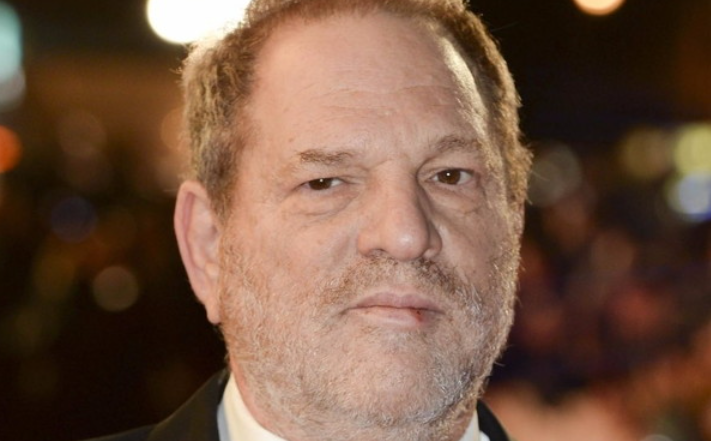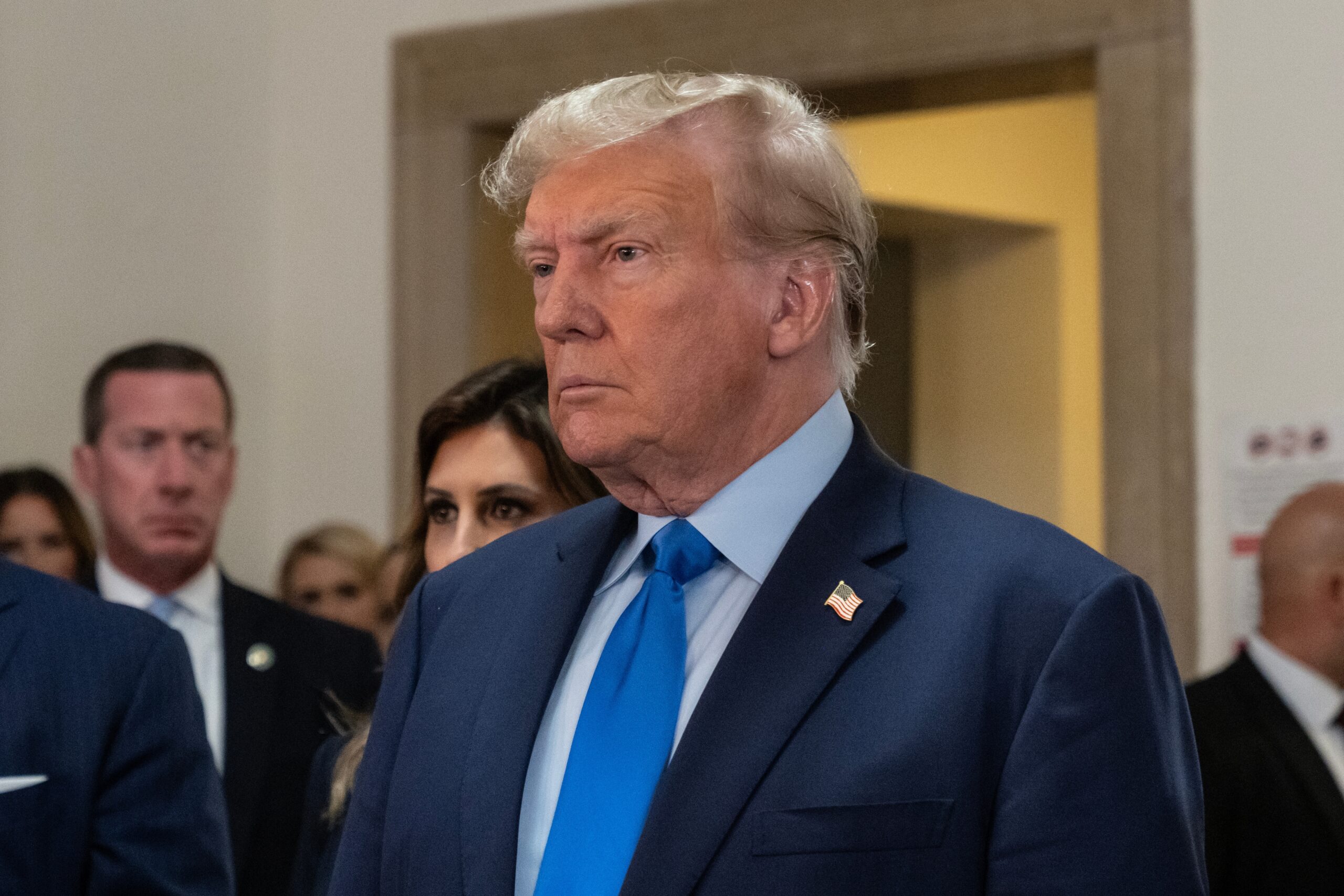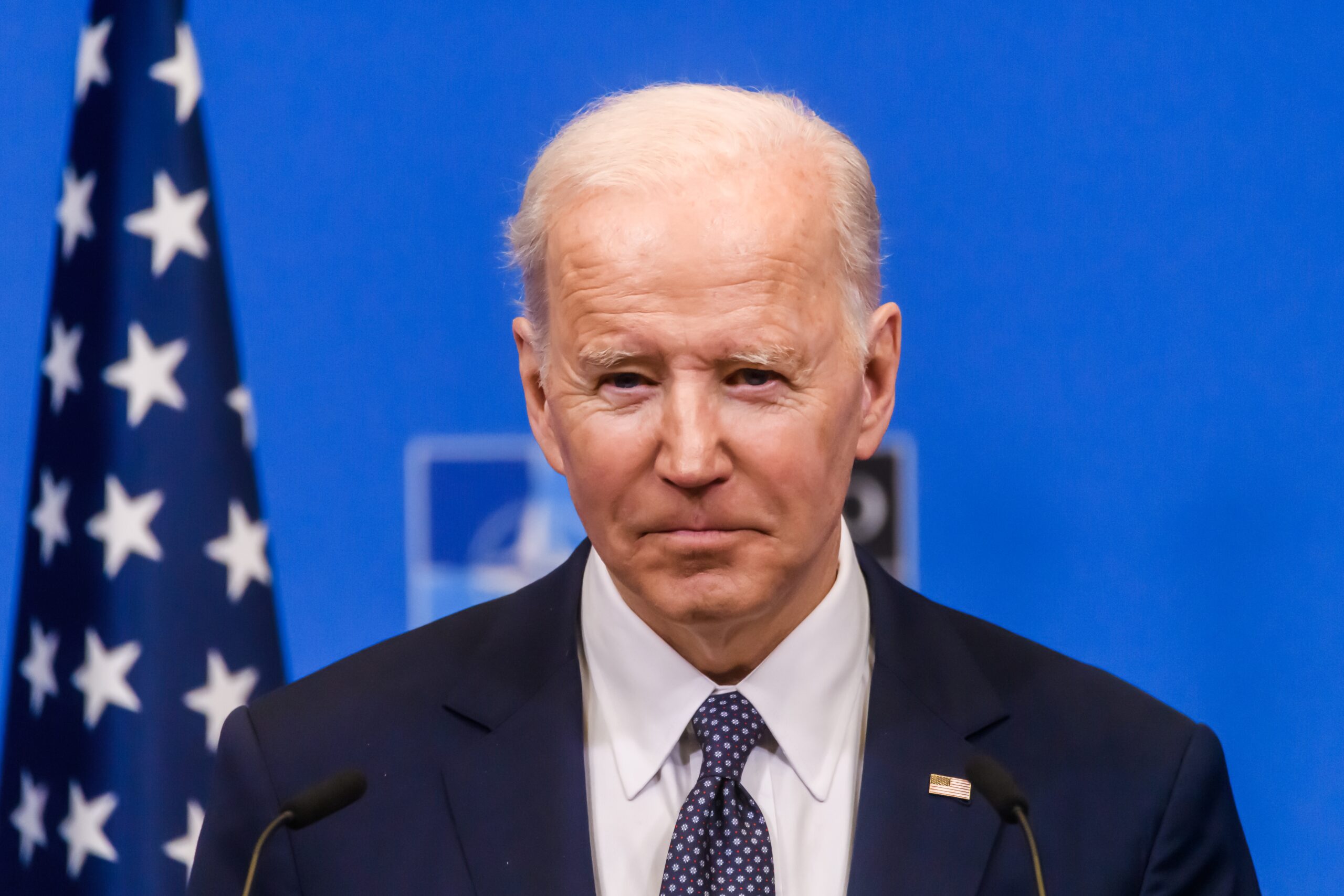[ad_1]
BERLIN (Reuters) – The leader of Germany’s Social Democrats (SPD) outlined a vision of a “United States of Europe” within a decade on Thursday, in a bid to win his reluctant party over to working with Chancellor Angela Merkel on forming a new government.
Germany, Europe’s economic powerhouse, has been struggling to build a new government since Merkel’s conservative bloc and the SPD shed support in a September election in which the anti-immigrant AfD party surged into parliament.
On Thursday, Martin Schulz urged members of the center-left SPD to be open to Merkel’s overtures to renew the coalition that has governed for the past four years, saying the party had a responsibility to revive social democracy in Germany.
A new “grand coalition” with the reluctant SPD is Merkel’s best hope of extending her 12 years in power after talks with two smaller parties failed, giving the smaller party leverage in any negotiations.
“The question isn’t grand coalition or no grand coalition,” he said in a speech to his party’s biennial congress, “Nor minority government or fresh elections. No – it’s about how we exercise our responsibility, including to the next generation.”
Schulz said the party would only recover if it could offer a clear vision of a Germany and a Europe that worked for their citizens, calling for deeper European integration and a “United States of Europe” by 2025.
“Europe does not always work for its people, rather too often for the big companies,” he said, outlining a populist vision that goes well beyond Merkel’s own openness to limited structural reforms and bureaucratic streamlining.
“The (European Union‘s) ability to act should be at the forefront now,” she said at a Berlin press conference. “So I will concentrate on more cooperation in defense by 2025 and on other issues,” including employment and innovation.
Outside the congress hall, SPD youth activists, many of whom want the party to chart a distinctive course after spending eight of the past 12 years in centrist coalitions, handed out red cards reading “No Grand Coalition”.
“Merkel leads this country without direction,” said one speaker addressing the conference. “She has no plan for Europe, she leads the country from week to week. We need a strong social democracy in this country.”
Schulz, who initially said his party should go into opposition after being punished for participating in the previous grand coalition under Merkel, apologized for his party’s disastrous electoral result.
“It’s not just this election we lost, but the last four,” he said. “We lost not just 1.7 million votes this time, but 10 million since 1998 – half our voters.”
UNITED STATES OF EUROPE
Schulz attacked European moves to support big banks while doing little to counter high youth unemployment.
“When states can’t balance their budgets they face draconian sanctions from Brussels. If we can mobilize billions for bank rescues but have to fight for paltry sums to support jobs for young people, then this is definitely not my Europe.”
He struck a tone that was more critical of big companies than French President Emmanuel Macron, who is pushing for deeper euro zone integration and pro-business reforms under a euro zone finance minister.
He took aim at U.S. technology firms Apple, Facebook and Google, saying a strong Europe was needed to make them stick to the rules and protect the rights of workers in a changing economy.
“We don’t want an app-directed service society but we want digitalization to lead to more individual freedom,” he said to applause, calling for steps to protect the digital economy’s self-employed from becoming “self-exploiters”.
The party’s congress is due to vote on Thursday evening to authorize talks on forming a new government, including the possibility of a cooperation which could fall short of a formal coalition.
If Schulz fails to get support to discuss continuing the grand coalition, then the whole leadership of the SPD would be up for debate, Carsten Schneider, party whip in parliament, told German radio.
In a motion for the congress, the youth wing said the SPD had a “historical responsibility” not to enter government since the far-right Alternative for Germany (AfD) party, which came third, would then become the official opposition.
On the issue of immigration, one of the main reasons for the collapse of Merkel’s first attempt at a coalition, the SPD opposes a conservative plan to extend a ban on the right to family reunions for some accepted asylum seekers.
“There can be no upper limit to the right to protection from war and persecution,” Schulz told delegates, rejecting conservative demands for a ceiling of 200,000 immigrants a year.
Additional reporting by Emma Thomasson; Editing by Kevin Liffey
[ad_2]
Source link







Leave a Reply